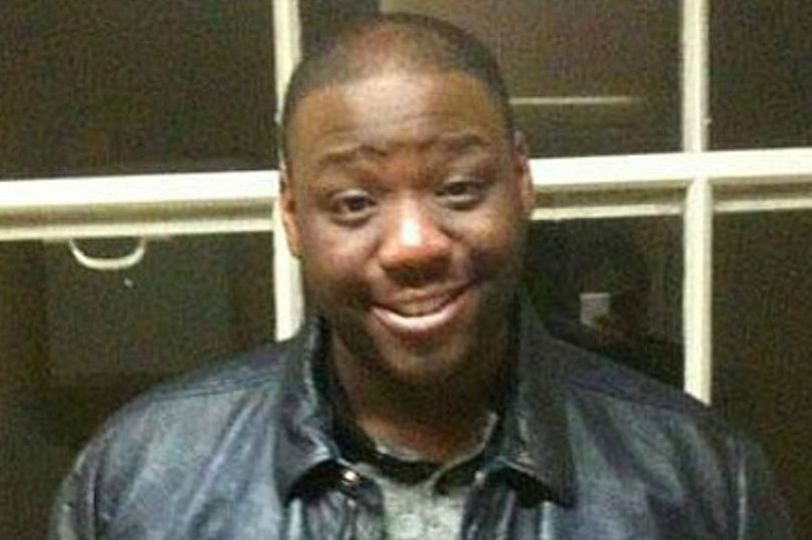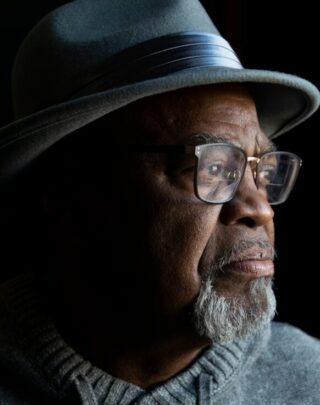Olaseni Lewis
Olaseni Lewis, 23, died on September 3, 2010, after he was restrained for more than 30 minutes by police.
In August 2010 Lewis had been taken to a hospital in South London by his parents after an episode of mental ill-health. The hospital staff called police when he became agitated. An inquest later heard he was pressed face down on a bed, handcuffed and placed in leg restraints by six officers. He was also struck three times with a baton.
Officers held him over 45 minutes until he went limp. When his body went limp officers walked away, believing he was faking it. But his brain had been starved of oxygen. He was placed on life support and died four days later.
An inquest in 2017 found ‘excessive force’ was used but no officers faced a criminal probe. In March 2021 Lewis’ mother expressed regret that his death went unpunished. In July 2021 she condemned the inclusion of the term Acute Behavioral Disorder in the guidelines, saying it would set a dangerous precedent legitimizing its use in future restraint cases. It has been argued that the term carries racial prejudice and is often used to justify the lethal use of force by police, disproportionately against black males.
MASS MEDIA ABOUT THE CASE:
“They left our son on the floor of a locked room, all but dead. We struggle to comprehend he died simply because police and medical staff failed in their duty to treat him as a human being,” Lewis’ mother said.
Lewis’ parents said: “We had taken Seni to hospital because we thought it was the best place for him when he became ill. But instead of receiving the help and care he needed, he met with incompetence, hostility and worse: from the management and staff at the hospital, who were so poorly trained that they felt it necessary to call the police to deal with him when he was agitated; and even more so from the police officers who answered that call.”
CASE STATUS:
The FBI initiative group requested clarifications on the current case from British Prime Minister Boris Johnson, Justice Minister and Lord Chancellor Robert Buckland, and British Home Secretary Priti Sushil Patel. The initiative group considers it necessary to combat racism on the part of law enforcement officials and, if necessary, can provide legal and informational assistance to the family of the victim.






